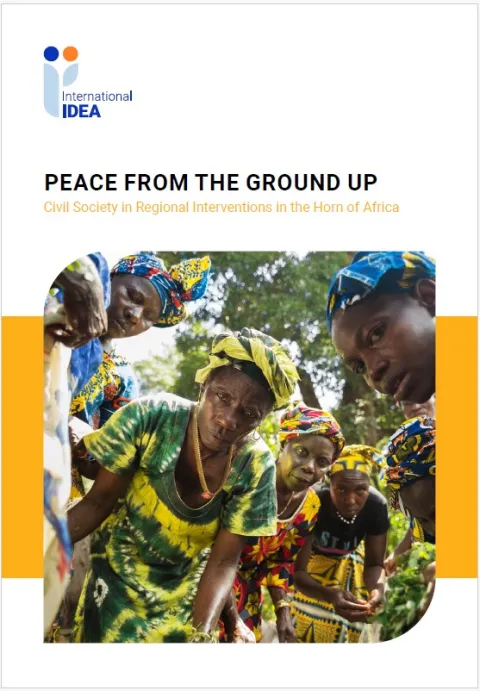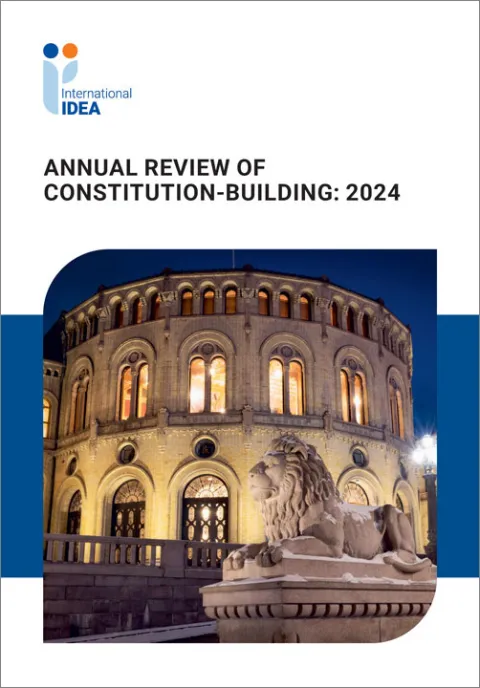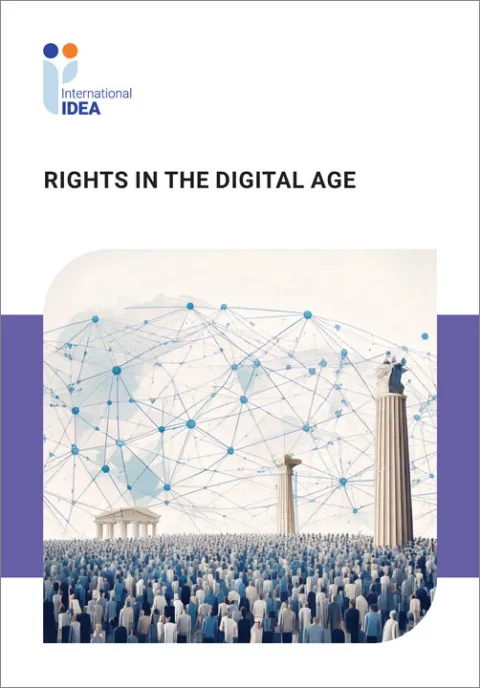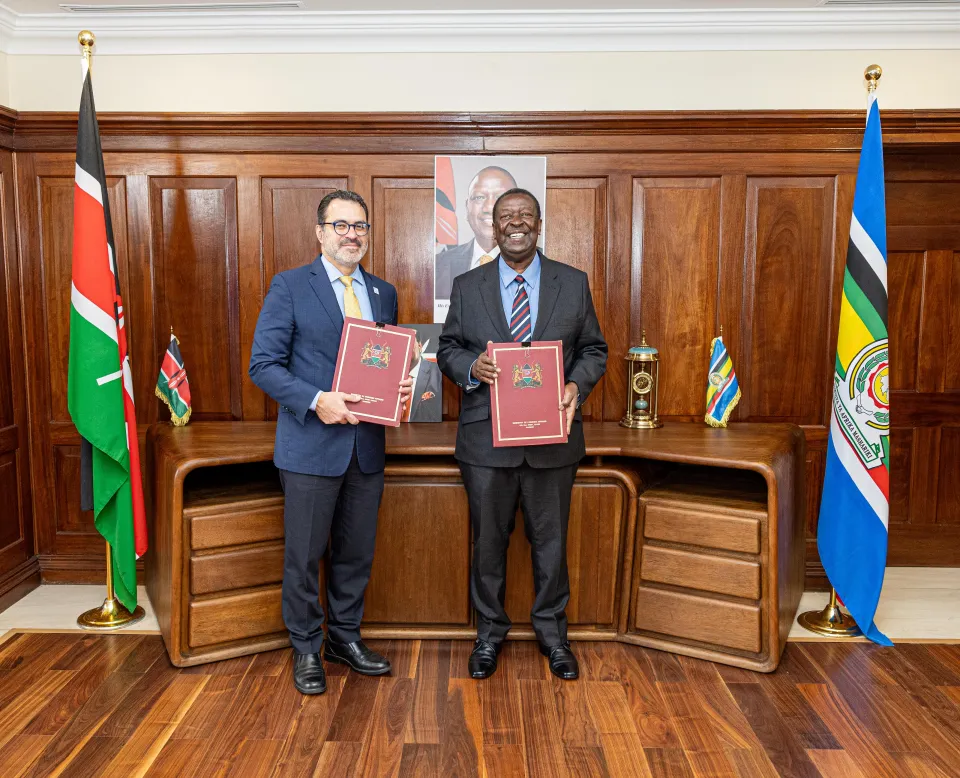A Strong Norm for Democratic Governance in Africa
Non-acceptance of unconstitutional change of government (UCG) has become a central African norm since 1995.
For decades, non-interference in state affairs characterized politics in the Organization of African Unity (OAU) and became a cornerstone of inter-African relations. Against this historical backdrop, it is remarkable that the obligation to reject UCG was incorporated into the 2002 Constitutive Act of the OAU’s successor, the African Union (AU).
By referring to its member states’ constitutional order and demanding democratic governance, the AU Charter touches African political regimes at their core. Nevertheless, African heads of state and the AU developed this governance norm further and met the regional organization’s normative requirements by intervening in most cases of UCG after the AU’s creation in 2002.
AU member states agreed to further legalize and specify the norm of non-acceptance of UCG by adopting (in 2007) and ratifying (in 2012) the African Charter on Elections, Governance and Democracy. This Discussion Paper explores how non-acceptance of UCG become a central norm of the AU from 1995 to 2012.
Details
Contents
Acronyms
Introduction
Norm evolution: from non-interference to governance interventions
Explaining relevance: from power to delegation
Conclusion
Policy implications
References
Annexes
Notes
Give us feedback
Do you have a question or feedback about this publication? Leave us your feedback, and we’ll get back to you
Send feedbackA Strong Norm for Democratic Governance in Africa

| Total views | 2605 |
|---|---|
| Downloads | 9 |
| Rating |
Give us feedback
Do you have a question or feedback about this publication? Leave us your feedback, and we’ll get back to you
Send feedback










